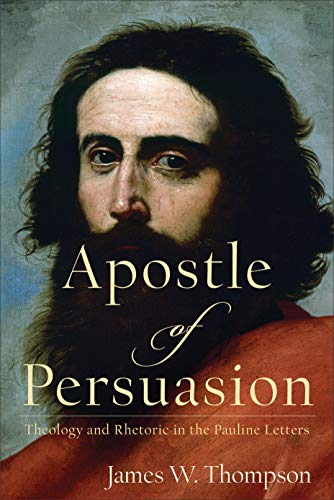Q. Early on you rightly point out the difficulties systematicians have with Paul not least because his letters are ad hoc, i.e. responses to queries and the needs of the moment and situation. I have emphasized elsewhere that part of the problem is anachronism—the attempt to impose later theology categories and a desire for consistency and completion in a way of dealing with ideas abstracted from their letter contexts that leads to inherent frustration and head-scratching. If Paul is a theologian, he’s certainly not like later systematic theologians and it’s not clear to me that you can fit the well-rounded peg that is Paul’s thought into the square holes of systematics. Would you agree? Would your advice to the Webster’s of this world be—‘abandon hope all ye who enter here’?
A. I certainly agree that our problem is that we superimpose later categories of theology onto Paul. For that reason, I do not arrange my book into the traditional categories. I begin with Paul’s basic convictions, which I see in all of the letters (e.g., “Christ died for our sins”). I prefer to say that Paul applies these basic convictions in dialogue with the questions that are being asked. I think of 1 Thess. as a template for his basic convictions. In response to the questions being asked, he elaborates on his basic convictions. Thus, I don’t think we can define the eschatology of Paul in precise terms, for example. I suppose that we in the West cannot resist trying to catalogue Paul’s theology according to the traditional -ologies.













